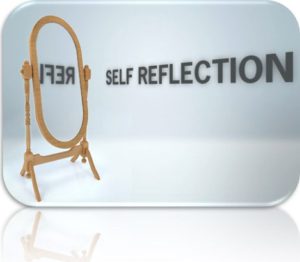It was an interesting conversation.
It happened after church.
I had filled the pulpit for a pastor on vacation.
During my sermon I had encouraged the congregation to pray for their local schools.
It was an innocuous enough request, even if a bit self serving – full disclosure I am a public-school administrator.
I don’t want to say it was a throwaway line, but it was a simple request- it wasn’t like I was asking folks to move to the Congo to do mission work.
But after church a little old lady shook my hand and told me it was a nice message. But then she said seriously, “Now what specific things should I pray about for the schools?” It caught me off guard.
My answer was poor. I said with a chuckle she could start by praying for me.
We both laughed, and she moved on, but I could see in her eyes my response wasn’t what she wanted. She wanted to pray for real, specific needs.
I gave her none.
It’s bothered me, so I have decided to create a few answers so that next time that preacher goes to the beach I can take them to her. (Assuming they’ll have me back.)
- Pray for the students. Pray they live in a kind and loving home. Pray their basic needs are met. Pray their families value education. Pray they value education and see it as the single most important opportunity they will ever have.
- Pray for teachers. Pray they remain enthusiastic in-spite of the many obstacles they face. Pray they remain patient with students, with their colleagues and with themselves.
- Pray for the support staff—custodians, bus drivers, secretaries, paraprofessionals, food service workers, and so many more. They are underpaid and under appreciated, but their work is essential and can make or break a school day.
- Pray for administrators – they are asked to have the wisdom of Solomon, the financial ability of Alexander Hamilton, the stamina of a marathon runner, the ability to stop evil like a superhero, the compassion of Mother Teresa, and the ability to make everyone happy—all while keeping test scores well above average. Oh, and they need to be sure they take care of themselves, so they aren’t found dead at their desk. (Which sadly is happening more and more around the world.)
- Pray for policy makers and politicians. May they do what I ask of those I work with at my school do. Keep Kids First! If we really think kids are society’s most important resource, we must find the money to make our schools an environment where students do not simply survive but truly thrive.
Five specifics. I could give lots more. However just praying these 5 things will make a difference.
Of course, Pope Francis reminded us that “You pray for the hungry and then you feed them – that’s how prayer works.” So yes, pray and then do. Because from my 5 specific prayer requests I know you can find something—or lots of somethings—to do.
PS – if you want to throw in a bonus, I really will be glad for all the prayers I can get.
